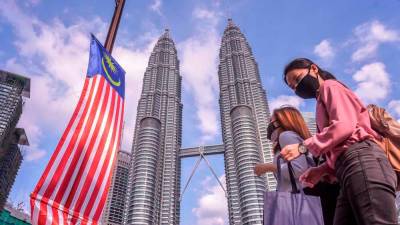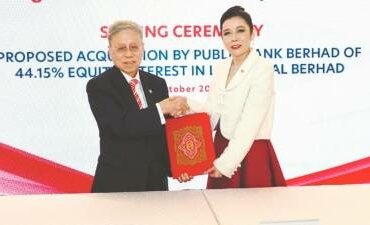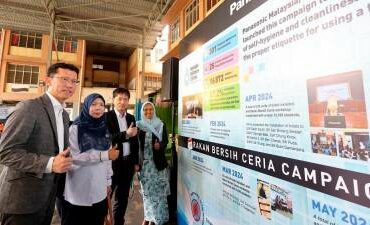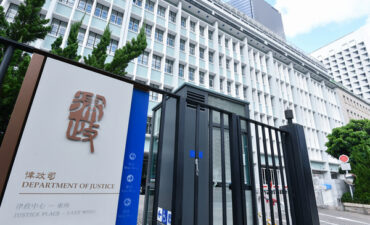PETALING JAYA: Prime Minister Datuk Seri Anwar Ibrahim’s “Madani Economy: Empowering the People” addresses critical structural challenges and aims for transformative growth, Maybank group chief economist Suhaimi Ilias said.
He said that ultimately, the MADANI economic narrative seeks to enhance the lives of the rakyat, ensuring access to quality jobs with higher wages, improved social security, and better standards of living. In essence, it promises economic and social reforms with the people’s welfare at the core.
“At the heart of the MADANI economic narrative is addressing structural issues facing the Malaysian economy, including the middle-income trap, decline in potential economic growth, strengthening our global competitiveness, improving infrastructure and public services especially on transport, healthcare and education, as well as in less developed states and regions in the country. It is also aimed at promoting sustainable, inclusive and equitable development as well as improving governance,” he said.
The economist said that Ekonomi Madani aims to raise Malaysia’s average annual economic growth to 5.5% to 6% over the next 10 years versus the average of 4.7% per annum since 1998.
He added that Ekonomi Madani also wants to raise and improve Malaysia’s standing in global positions and rankings on the size and complexity of the economy, on competitiveness, on human development and on corruption perception index to boost the country’s attractiveness for investment, especially in strengthening existing growth industries and sectors like electronics, as well as promoting new growth areas and future economic drivers like renewable energy and digital economy.
“All these are with the ultimate aim of ensuring that the rakyat can and will benefit via decent and quality jobs with higher pays as well as improving the social security system and safety nets to uplift the standards and quality of life,” Suhaimi said.
The Prime Minister had revealed the ambitious economic direction for Malaysia with the launch of the “Madani Economy: Empowering the People.”
Anwar, who is also the Finance Minister, said there are seven benchmarks to be achieved by the country within the next 10 years following the launching of the blueprint.
The seven benchmarks include transforming Malaysia into the top 30 largest economies around the world and placing the country in the top 12 of the Global Competitiveness Index.
Other benchmarks outlined in the blueprint were increasing women’s participation in the country’s workforce to 60%, placing the country as the top 25 nations in the world in the Corruption Perception Index and boosting the nation’s fiscal strength with fiscal deficit of three per cent or lower.
“The Madani Economy: Empowering the People will be the master plan for several other policies that will be announced later including the National Energy Transition Roadmap and the mid-term review of the 12th Malaysia Plan,“ he said.









